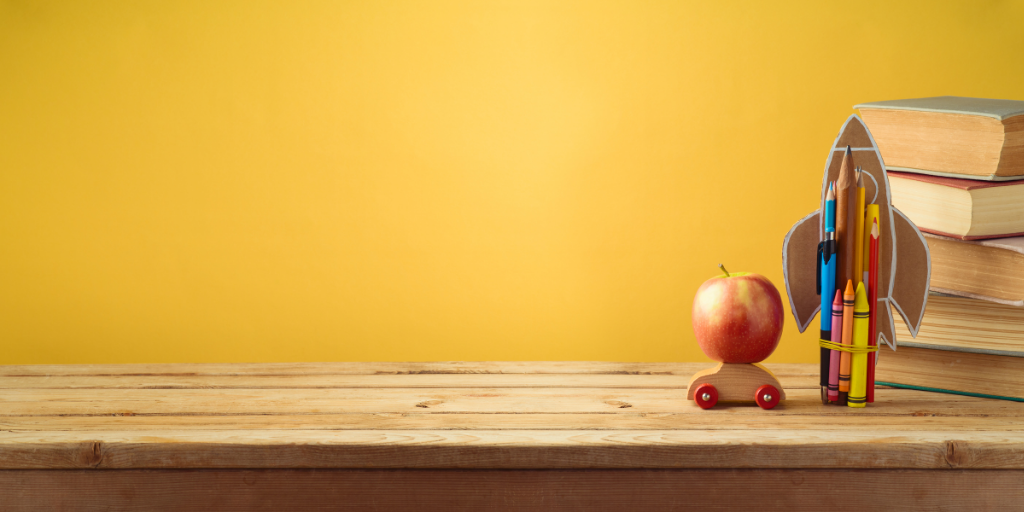Finally, after two years of lessons, I manage to enter a very diverse school in a low-income neighbourhood. All kids in this class (school de Schakel, near Utrecht) are born here but their parents come from all continents. This immediately connects us as I am myself an ex-pat/migrant in the Netherlands. I take the chance to ask them how they feel about the country of their family. Being asked makes them feel proud. Then the question comes back: Andrea, what do you know about Egypt? Even though I know a lot from books or news, I know nothing about how it is to live there. Still a lot of things to learn.
This is the very first school where I let kids practice with co-creation. With relief I notice that the discussions are lively within each group, everyone is genuinely interested in the topics. Still, they struggle. This working together in teams, this self-reflection, this link between global goals and local actions is new not only for them but also for the teacher, who implicitly apologizes with me for the according-to-her low level of the class. During project time, after the first lesson, she simplifies all the project tasks so that all groups focus on making a nice poster about the mission they have chosen and present it to the rest of the class during the last lesson four weeks later.
I’m quite happy about this struggle. First, I found many small things to improve in our material and approach. Second, the lessons and the project-based, co-creative approach increased the kids’ awareness about the effect of their actions on the planet and introduced them a new way to work together. Their perception of self-efficacy increased, both for the kids and for the teacher about the kids.




